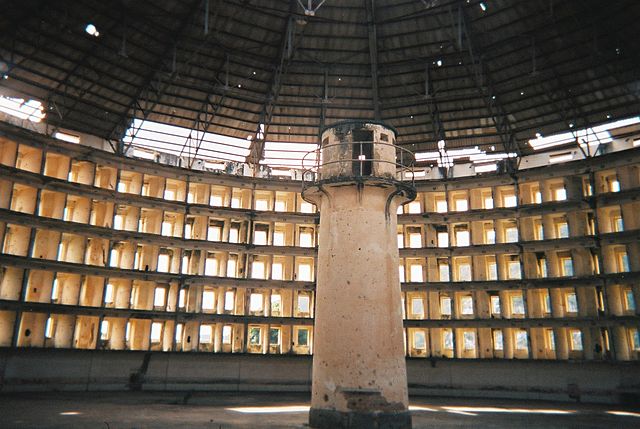
Mark Zuckerberg has changed the mission of the social network that he co-founded exactly 13 years ago. In a 5,800-word declaration, published on the same day Donald Trump described various American news media on Twitter as ‘enemies of the people’, he said that Facebook aspired ‘to build the social infrastructure for a global community’. Compared to the initial goal of connecting us to our friends and family, later becoming ‘a source of news and public discourse’, the new mission has become much wider. So much so that it has set alarm bells ringing.
‘In times like these’, he writes, ‘the most important thing we at Facebook can do is develop the social infrastructure to give people the power to build a global community that works for all of us’. This is to achieve a ‘better world’ that is ‘more open and connected’. He is thereby claiming for his network social engineering powers normally reserved to states, despite the fact there is no global state, but rather, and only just, global governance. Facebook wants to be part of this governance, at times such as these when political power often vanishes but the vacuum is filled or extended by other things. Facebook is one of these. But as Carole Cadwalladr asked in The Guardian, ‘Do we want any corporation to have so much unchecked power?’. Be careful, this commentator warns, because good intentions are not enough. Or, as has been pointed out on more than one occasion, the road to hell is paved with good intentions.
Zuckerberg acknowledges that the cultural diversity in the world may impede the emergence of this ‘global community’ that he seeks to establish, but Facebook can help overcome the barriers. In his only concession to modesty, Zuckerberg did admit that his network, with almost 1.9 billion users every week –in other words half the world’s Internet users– not only generates communities, but that ‘technology and social media can contribute to divisiveness and isolation’. And this is certainly the case. The new connectivity –which includes Facebook– unites and divides at the same time. Communities are created, but tribalisation is also fostered on an unprecedented and digital scale, sometimes with physical and analogical consequences. The messages carried by the platform ‘reward simplicity and discourage nuance’, says Zuckerberg: ‘At its best, this focuses messages and exposes people to different ideas. At its worst, it oversimplifies important topics and pushes us towards extremes’. But we have known this for some time, ever since the Internet and mobile telephones started to become widespread, before the advent of social networks, as was pointed out in La fuerza de los pocos (2007). Now Facebook and the other social media have brought about what Borja Bergareche has called ‘the emotional refereeing of truth’, amid so-called ‘post-truth’ and fake news, against which the social networks and other media and institutions are currently trying to develop new defence systems relying on artificial intelligence.
Facebook and Zuckerberg are also trying to foster communities with a civic commitment. Facebook has succeeded in getting people in certain countries (starting with the US) to register to vote. Furthermore, civic action in the social media requires less effort than in the street or participating in political parties or NGOs. It is much easier to sign a petition on social media than in the street or by other analogue or non-digital means.
The Facebook wall has a good deal in common with Plato’s cave, inasmuch as those who observe it mistake the image projected on it and the sounds they hear for the reality they have behind them but cannot see. The same can be said about its similarities with Jeremy Bentham’s Panopticon prison, where all the prisoners’ activities are visible, but the inmates are not aware of what really goes on in the prison.
Many users of Facebook –which also owns Whatsapp and Instagram– lay bare rather more than their souls. And this is where the company steps in to sell its users’ data en masse to its customers, although this was not something Zuckerberg touched on in his mission statement. What the declaration does mention is creating a global community and providing the infrastructure needed to attain it. It is true that these technologies are creating much broader and more complex communities than before, although highly different ones too. Facebook is based on a plethora of groups, but the thing that interests Zuckerberg most are what he calls ‘very meaningful’ groups, in other words those that ‘quickly become the most important part of our social network experience and an important part of our physical support structure’. And he puts numbers on them: they are made up of more than 100 million people. They are his shock troops, his advance guard.
There is something at the heart of the new Facebook initiative, namely artificial intelligence, that is going to underlie all this infrastructure. But this consists of algorithms that, despite Facebook’s resemblance to the Panopticon, remain secret. They are not revealed, except to the guards, still less how the prison is going to operate. The recipe for the great global dish that is being cooked up is not shared.


